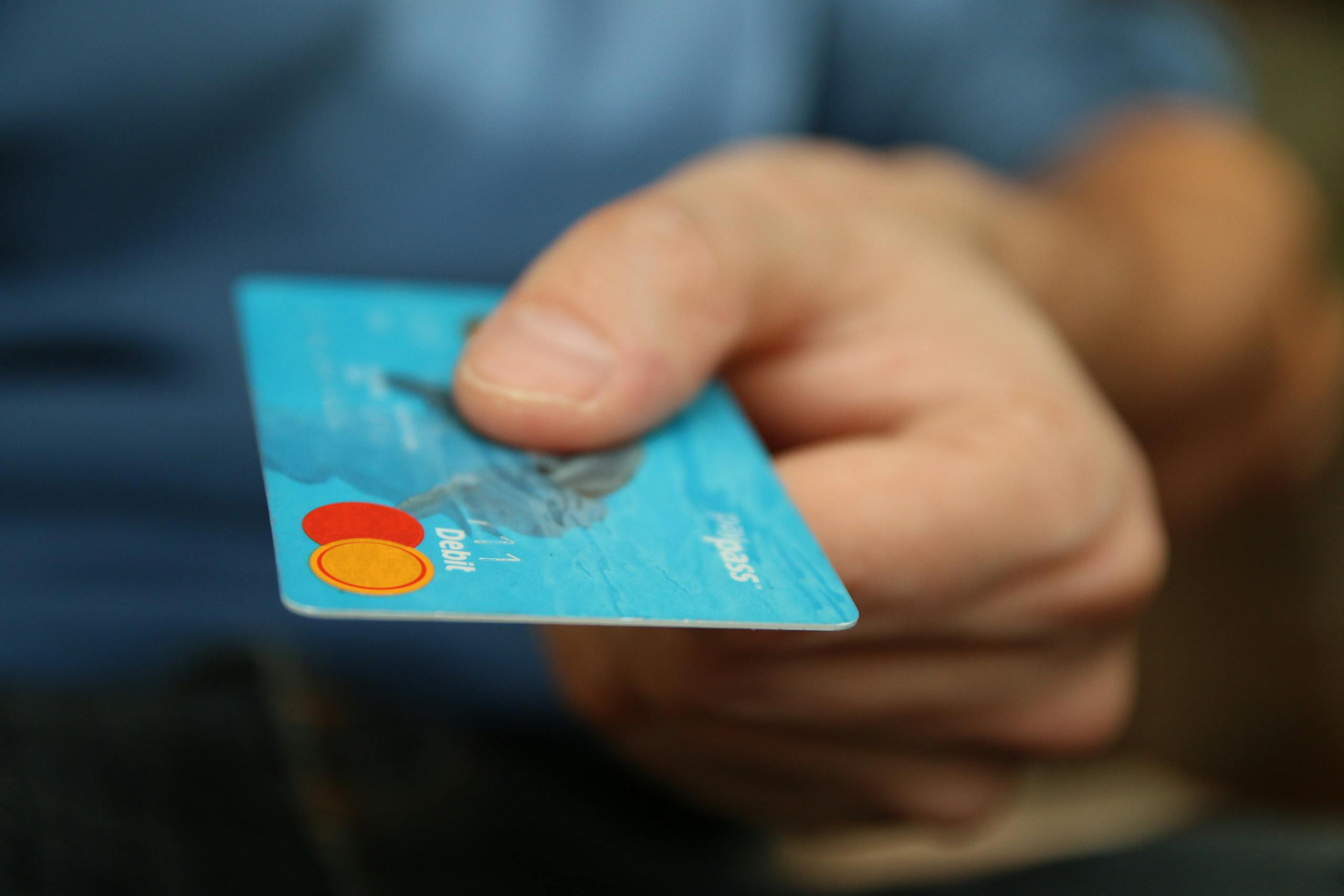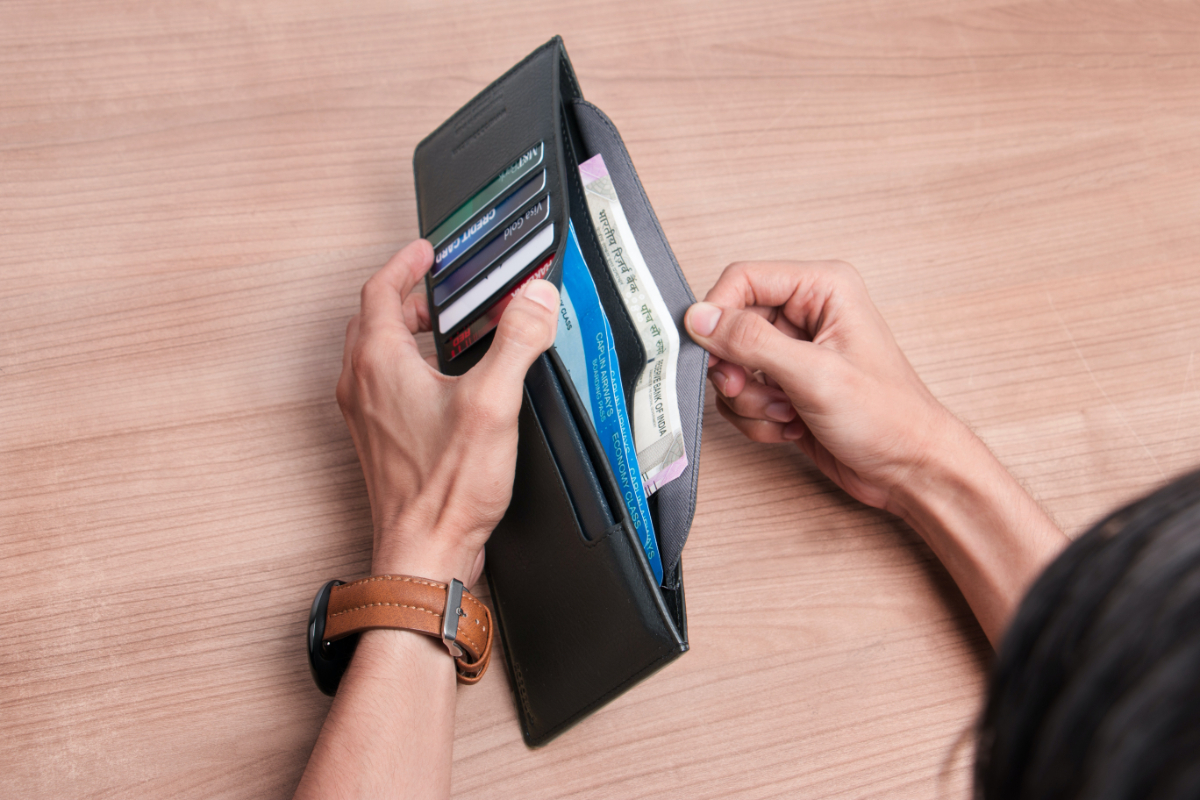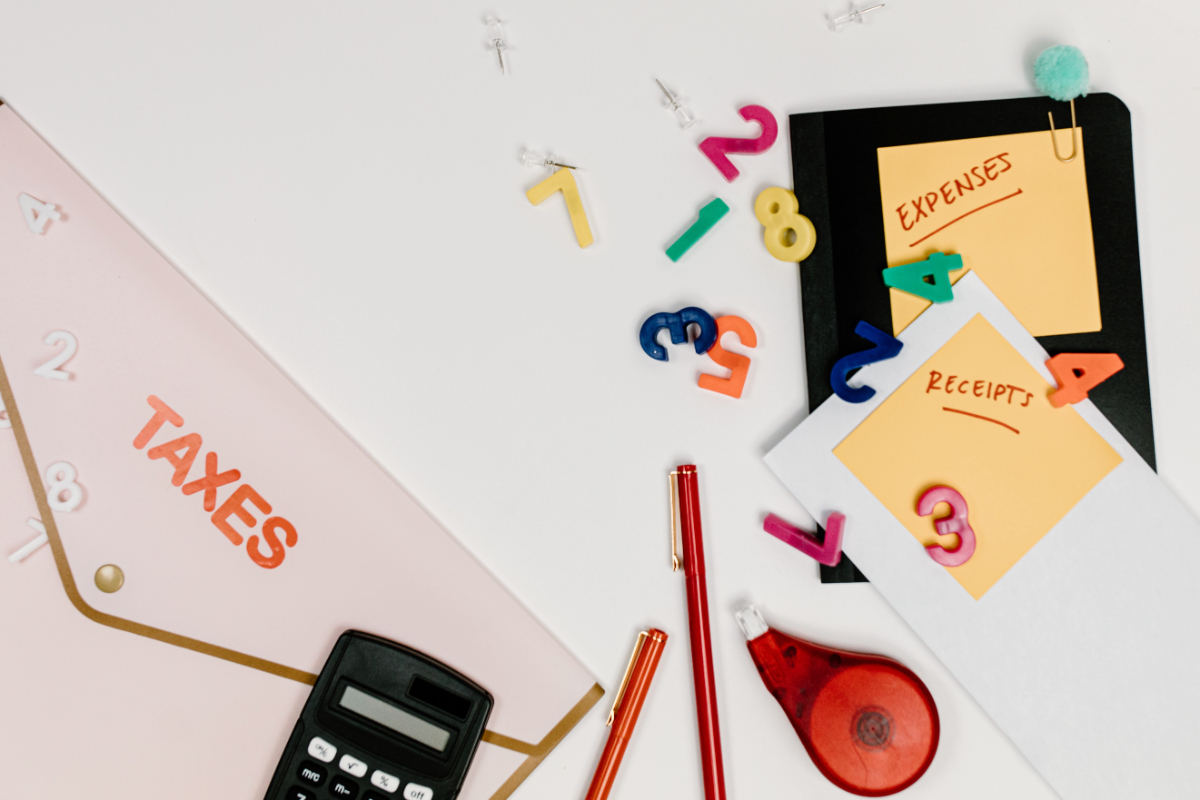What Does Being Frugal Mean
There are some affiliate links below, but they are all products I highly recommend. For more info, view my disclosure here.
The concept of being frugal is often misunderstood, associated with penny-pinching and cheapness. However, being frugal is much more than that – it’s about making smart decisions to ensure you get the most out of every purchase. Frugality requires careful consideration and planning in order to make the best use of your resources.
This article will explore what being frugal means and why it’s an important element of financial responsibility. We’ll look at how you can use frugality to be smarter with your money, from budgeting techniques to saving for big purchases. Finally, we’ll discuss how being frugal can help you achieve your financial goals – whether that’s saving for retirement or just having a little extra money each month.
If you’re looking to make the most of your money without sacrificing the quality of life you enjoy, this guide on what does being frugal mean is an essential read! Keep reading to learn how being frugal can help you reach your financial goals while still enjoying life’s simple pleasures.
1. Determining Your Financial Goals
Being frugal means creating a budget and determining your financial goals. It is about being mindful of your resources and managing them for long-term success. When it comes to money management, being frugal allows you to make smart decisions that will benefit you in the future.
The first step in achieving financial freedom is setting goals. Knowing what you want to accomplish with your money is essential to making sound financial decisions. For example, if you’re saving up for retirement, you should focus on building a nest egg that will provide enough income when you hit retirement age. Additionally, if you’re trying to pay off debt or build an emergency fund, it’s important to determine how much money is needed and how long it will take.
Another key element of being frugal is understanding where your money goes each month. Tracking expenses can help reveal any wasteful spending habits so that adjustments can be made and savings can begin to accumulate over time. Utilizing budgeting tools like apps or spreadsheets can also help keep track of expenses and plan for upcoming bills or investments.
By taking the time to set realistic goals and understanding where your money goes every month, being frugal can help create a secure financial future for yourself or your family. All it takes is a little planning and commitment to see real results from these efforts over time.
2. Understanding The Benefits Of Frugality
Frugality is an important part of achieving financial success. It involves making wise decisions about how you spend and save your money. Understanding the benefits of frugality can help put you on the right track to meeting your financial goals.
One of the main advantages of being frugal is that it allows you to prioritize what matters most to you and focus on long-term goals. You’ll be able to allocate more resources into investments, such as a retirement fund or emergency savings, instead of spending them all on short-term wants. This will give you much greater security in the future and can help you achieve your goals faster.
Being frugal is also beneficial for managing stress levels since it can help keep your finances under control, which reduces worries about unexpected expenses or debt. Additionally, if you focus on investing in experiences rather than material items, it can bring more satisfaction over time and make it easier to stay within budget while still enjoying life.
By understanding the benefits of frugality and using it responsibly, you can make smarter decisions when handling your finances and reach your financial goals more easily.
3. Developing A Frugal Mindset
Developing a frugal mindset requires having a plan and sticking to it. It means being conscious of how you spend your money, as well as understanding the value of each purchase. Being mindful of spending habits and making adjustments over time can help you reach your goals.
It’s important to remember that frugality isn’t about going without or depriving yourself; it’s about being smart with your money and managing it wisely. Making small changes like cutting back on unnecessary purchases can help you save money in the long run, allowing you to use those funds for more meaningful things.
Setting financial goals can help keep you motivated and on track while developing your frugal mindset. By setting achievable objectives and regularly evaluating your progress, you can better determine if any changes need to be made in order to stay on track with reaching those goals. With this approach, an individual can become more aware of their spending habits and work towards becoming more financially savvy.
4. Identifying Ways To Save Money
When looking to be frugal, identifying ways to save money is key. Practicing good financial habits can help you create a better relationship with your money. It all starts with forming a plan and setting realistic goals.
One way to start saving money is by creating a budget and sticking to it. This will help you understand your spending habits, allowing you to track where your money is going each month. You’ll also be able to identify areas where you can adjust your spending and save more effectively. Additionally, look into taking advantage of any discounts or deals that may be available in your area. From grocery stores offering special prices on bulk items to local businesses having sales or coupons, there are plenty of cost-saving options for those who know where to look.
Finally, consider cutting down on unnecessary expenses and investing in cheaper alternatives when possible. For example, instead of eating out every weekend, try making meals at home using ingredients from the grocery store. Instead of purchasing new clothes every season, see if there are any second-hand stores near you that offer great deals on gently used items. Taking these steps can add up quickly over time and make a big difference in the amount of money saved each month!
5. Budgeting And Planning To Meet Financial Goals
Budgeting and planning are key components of being frugal. It’s important to set financial goals for yourself and work towards achieving them. By budgeting and planning, you can ensure that you’re using your money wisely and not overspending.
When budgeting, it’s important to take a look at your income, expenses, and debts. This will help you identify areas where you can save money or make more money. You should also factor in any upcoming expenses like car repairs or a vacation. A budget is a great way to keep track of your finances and make sure you’re staying on track with your goals.
Once you have your budget in place, it’s time to start planning how best to meet your financial goals. This means setting a timeline for when you want to accomplish each goal and breaking down the steps needed to get there. For example, if one of your goals is to save up for a house deposit, then create smaller goals throughout the year that will help you reach that final goal. With careful planning and consistent effort, you can achieve whatever financial goals you set out for yourself.
6. Understanding How To Invest Wisely
Being frugal means more than just budgeting and planning. It also involves understanding how to invest wisely. This requires the ability to make informed decisions about where to place money, what kind of investments will yield the most returns and how to minimize risk.
With smart investing, it’s possible to maximize savings while minimizing risk. For example, by diversifying investments across different markets and industries, one can reduce the overall risk associated with their portfolio. Additionally, utilizing a combination of short-term and long-term investments can help balance out risk as well as return potential.
Taking the time to educate oneself on sound financial principles is an important part of being frugal. Reading up on investment strategies, using online tools such as stock market simulators, or consulting with a financial advisor can be great ways to gain the knowledge needed for smart investing. Knowing how to invest wisely is key for reaching financial goals and securing a strong financial future.
7. Making Smart Purchasing Decisions
Being frugal means making smart purchasing decisions. It involves taking the time to compare prices in order to save money and not give into impulse buys. Thinking ahead, it’s important to consider long-term costs and how much use you will get out of a purchase before committing to it. This includes finding ways to reduce spending, comparing prices between stores or online, and only buying what you need.
When it comes to spending, being frugal means understanding the value of each item. It’s important to remember that just because something is cheap doesn’t mean that it’s worth buying; similarly, just because something is expensive doesn’t mean that it is better quality. Understanding the difference between needs and wants can help when deciding which purchases are necessary.
By making smart shopping decisions, you can save money for more important things like investments or retirement funds. Practicing frugality can also help build financial stability and security in the long run by reducing debt levels and creating a comfortable lifestyle without overspending. Taking these steps towards financial responsibility can provide peace of mind as well as helping you achieve your financial goals in the future.
8. Finding Free And Low-Cost Activities
Being frugal is not just about making smart purchasing decisions. It also involves finding free and low-cost activities that don’t sacrifice quality of life. These activities can help you save money while having fun.
Think outside the box when it comes to entertainment and activities. There are a lot of things that don’t cost anything, like taking a walk in the park or reading a book from the library. Even small purchases can add up – replacing a movie night out with a streaming service subscription can save you hundreds of dollars over time.
Small changes here and there can make all the difference when it comes to being frugal. Being mindful of how you spend your money doesn’t have to mean deprivation – it’s possible to enjoy life without breaking the bank.
9. Learning To Live Within Your Means
Living within your means is at the core of being frugal. It’s all about learning how to make the most of what you have, while working to ensure that you don’t overspend. This involves recognizing your financial limitations and understanding how much you can afford to spend on different items. To do this, it’s important to assess your income, expenses, and overall financial situation.
Making a budget and tracking your spending are two essential steps in learning how to live within your means. A budget allows you to determine which expenses are necessary and prioritize them accordingly. It also helps keep track of where money is going each month so that you can avoid unnecessary spending. Additionally, tracking spending gives you an idea of how much money is left after bills are paid each month so you know what can be safely spent on non-essential items or saved for future use.
Being frugal also involves making wise decisions when it comes to shopping for goods and services. It’s important to compare prices before making a purchase and look for deals or discounts whenever possible. Shopping around can save a lot of money in the long run! Taking advantage of coupons or promotional offers is another great way to be frugal while still getting quality items at an affordable price.
10. Making Frugality A Lifestyle
Making frugality a lifestyle is the ultimate way to embrace being frugal. It’s all about making it a habit and not just something you do occasionally. This involves prioritizing your spending, cutting out excess waste from your budget, and using the money saved to invest in yourself.
Creating a budget and sticking to it is key for building this kind of lifestyle. When you’re making purchases, ask yourself how necessary or important it is to have that item or service in your life. Evaluate if there are any cheaper alternatives that would fit the need just as well. By doing this, you’ll be able to cut down on unnecessary expenses and use your hard-earned money on things that really matter.
Living frugally doesn’t mean depriving yourself of anything enjoyable; it simply means being more mindful and intentional with your finances. With a little bit of practice and dedication, living a frugal lifestyle can become second nature and help you reach financial freedom faster!
Frugality is an important part of financial planning, and it can help you achieve your financial goals. It means being mindful of your spending, budgeting and making smart money decisions. By developing a frugal mindset and learning to live within your means, you can make long-term positive changes in your life.
By taking the time to identify ways to save money, such as finding free or low-cost activities, and making smarter purchasing decisions, you can begin to build a more secure financial future for yourself. Frugality requires dedication and discipline but it can also be rewarding. Not only will you be able to save money but you’ll also be able to enjoy life’s experiences with greater peace of mind knowing that you are living within your means.
Being frugal is about more than just saving money; it’s about changing the way you think about spending and creating a lifestyle that allows for financial freedom. With practice and dedication, you can use frugality to work towards achieving your personal financial goals.






